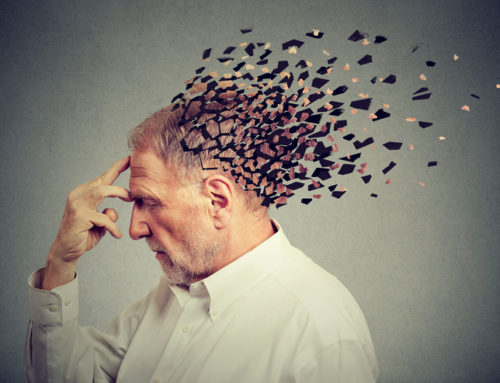Are they connected?
Everyone has a few restless nights. Maybe the mind is preoccupied with the activities of the day just past or perhaps the excitement and anticipation of an upcoming event.
But what happens when sleep deprivation becomes more of a chronic problem? There are 2 different types of insomnia: sleep onset insomnia—this is the inability to fall asleep and sleep maintenance insomnia—the inability to stay asleep during the night. Conditions, such as Restless Leg Syndrome and Sleep Apnea can be one of the many culprits that cause insomnia (more serious conditions can be present so it is important to check with your doctor).
Recent studies from UC Berkeley, show that lack of sleep may lead to dementia—it makes the brain more vulnerable. It has been found that the protein, beta-amyloid, is prevalent in the brains of Alzheimer’s patients. This protein then develops at a faster pace in those who suffer from a lack of sleep—as it grows, the ability to sleep becomes even more difficult- making this a vicious cycle. The importance of deep (REM) sleep is critical to rejuvenating the brain and washing away the neuro-toxins from the brain.
Possible solutions sleep deprivation/Isomnia:
- If you cannot sleep eight continuous hours, then spread it out (sleep in 4-hour chunks)
- Take naps to rejuvenate but ONLY if necessary—this can cut into the sleep you need at night
- Exercise regularly
- Examine your daily habits and routines to see if any affect your sleep
- Do something relaxing before bed (reading, yoga, etc.) but avoid bright blue lights from a computer or TV screen
- Make sure your pillow(s) are conducive to a good nights sleep
- Try a hot shower to relax the muscles or even a heat pack for your neck or back
- Take a snack one hour before bedtime—a carbohydrate and protein such as cheese and crackers or even a small bowl of cereal with milk
- No caffeine after 2pm!
And, of course, if none of these remedies are successful, be sure to consult with your physician as soon as possible.
Sources: Alzheimers.net, Medscape.com





